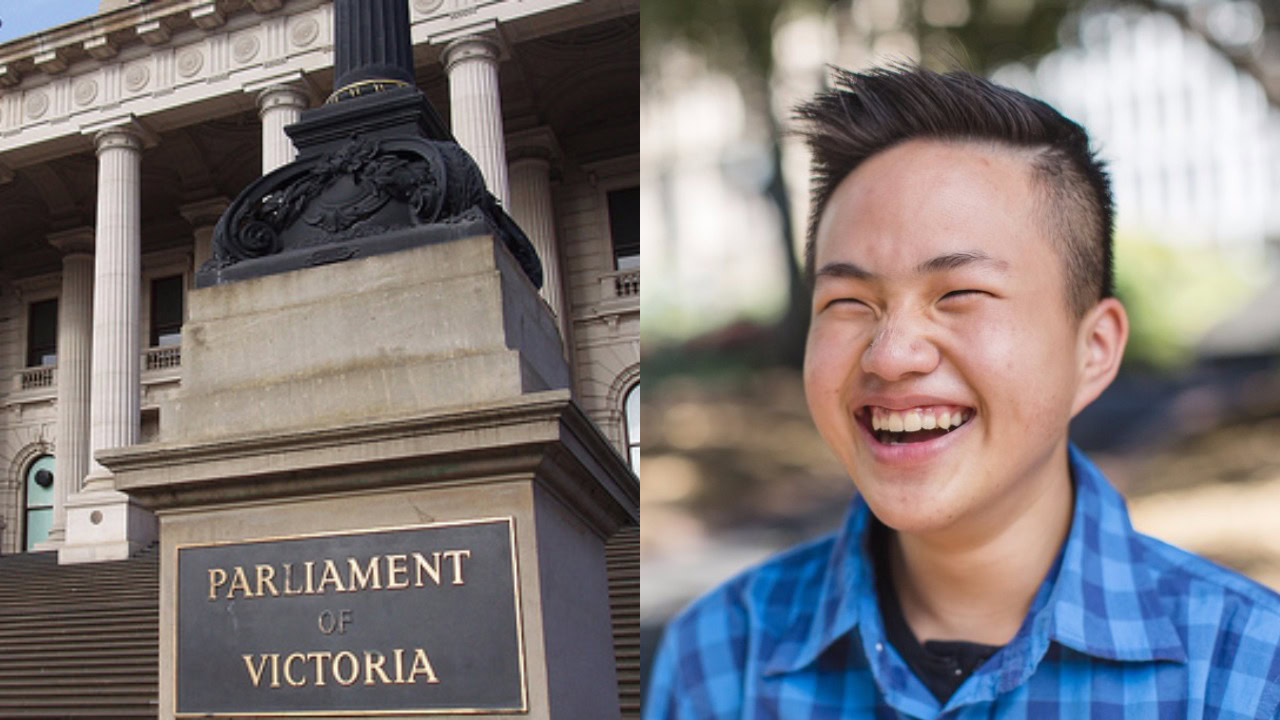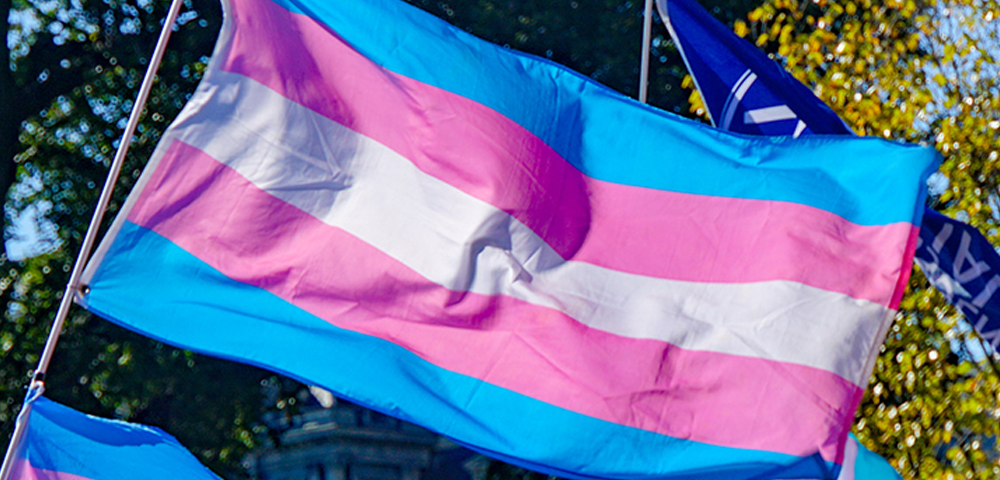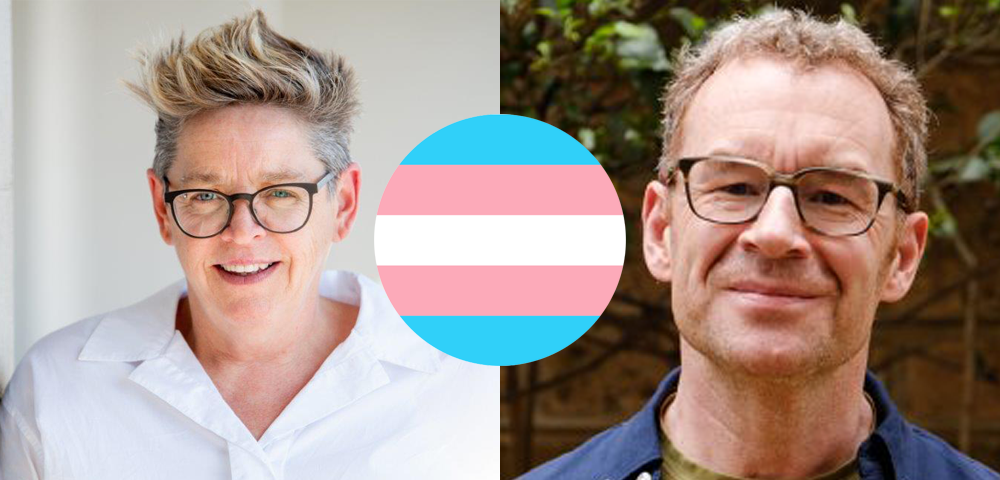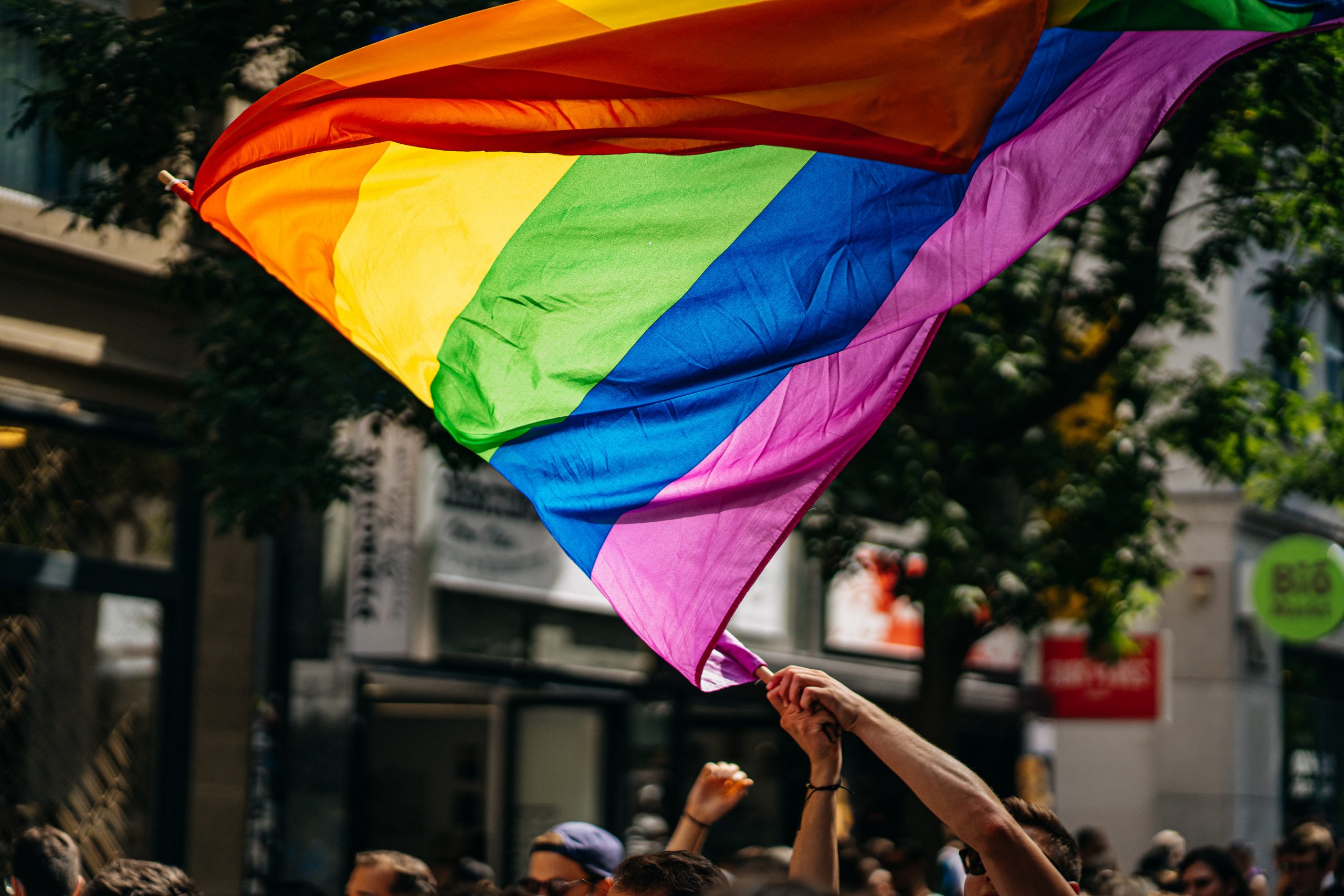
Fighting to protect queer students in religious schools

A bill protecting sexual and gender diverse students from discrimination by religious schools was recently voted down in Victoria’s parliament.
The reforms were proposed by the Greens and made amendments to the Equal Opportunity Act to ensure that religious schools were no longer exempt from anti-discrimination laws.
However, after a lengthy debate in the upper house only six MPs voted in favour of the reforms while 32 voted against them.
The defeat came after the government introduced its own bill to protect LGBTI workers from religious discrimination in the workplace.
Greens MP Sue Pennicuik said it was hypocritical of the government to vote down the reforms given its outspoken support of the Safe Schools program.
“It’s curious to me that the government would still support the exceptions this bill aims to remove because it’s contradictory to the Safe Schools program,” she said.
“You’re sending two messages – that it’s okay to have students discriminated against on the basis of sexuality or gender, but that the Safe Schools program is important, which is about not discriminating based on those attributes.
“We’re talking about school students in compulsory education that may be sent to religious schools by parents that have particular views, and they should be protected.”
When teen trans advocate Erik Ly was 14 and sent to a private religious school, there was a strict dress code in place that required boys to wear pants and girls to wear dresses or skirts.
He’d spoken with counsellors and youth workers before he arrived on campus to make sure he could wear pants, however he was met with hostility by the principal during his first week there.
“He said if he’d known I was going to challenge the school he wouldn’t have accepted me into the school,” he said.
“It was really abusive, he was asserting his power and forcing me to do things I didn’t want to do.
“He compared me having to wear a skirt or dress to a time he had to wear a neck brace after an accident – uncomfortable but necessary.
“He suggested I should practice wearing dresses and skirts so I’d get used to wearing them, as I’d have to anyway.”
The principal then gave Erik two options: either his parents would have to pick him up and he’d be suspended until he wore a dress or skirt, or the school would put him in a small room for the day as punishment.
For the remainder of his time at the school he wore dresses and skirts.
“I didn’t feel safe telling anyone that I was trans or queer in any way – I remember one of the year nine teachers openly saying to students that being gay was sinful and gay people would be punished,” he said.
“I was always depressed and demotivated to do school work. Every morning when my alarm went off I’d pretend to sleep so people wouldn’t make me go to school, and I’d leave getting changed to the last minute to hopefully miss the school bus.
“I would always try to minimise my movements at school because it reminded me of what I was being forced to wear, and at some point I’d have to look down which was really stressful.
“I’d try my best to sit in the classroom and not hang out with anyone, I’d have lunch by myself.”
Ly said if anti-discrimination laws had been in place, he would’ve felt far less scared.
“If I’d known that I had legal rights protecting me from being discriminated against it would’ve helped me a lot and given me hope, as I felt so helpless,” he said.
“In public schools we have anti-discrimination law so why does there have to be any kind of religious exemption, it doesn’t make sense.”
During the debate in the upper house, Liberal MP David Davis said the Coalition would oppose the bill.
“Religion is a huge part of our cultural identity and a huge part of our history,” he said.
“It is important in my view that the right to religious freedom is respected and this bill strikes that balance at the wrong point.”
Democratic Labour Party MP Rachel Carling-Jenkins agreed, saying the bill will wind back the freedom of religion Victorians currently enjoy.
“The reality is students are simply not being expelled on the basis of sexuality,” she said.
“It is time to make a stand to those that would seek to undermine our freedoms.”
Anglican Priest Gary Bouma recently came out in support of the reforms, a ground-breaking endorsement by a figurehead in the religious sector.
In a letter to Victorian MPs, Bouma said he strongly supported the move to protect vulnerable students.
“Victorian law allows students to be expelled just because they are gay, lesbian, bisexual, trans, or intersex,” he wrote.
“This creates a climate of fear, secrecy, and a lack of support.
“Please help remove the blanket exemptions that allow religious schools to discriminate on the basis of sexuality and gender identity.”
Despite the bill being defeated, a spokesperson for the Greens has said they are currently reaching out to equality groups and planning their next steps.









